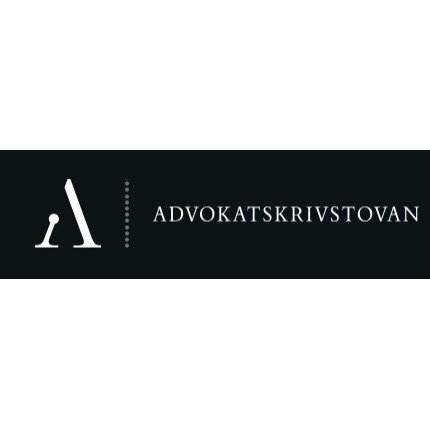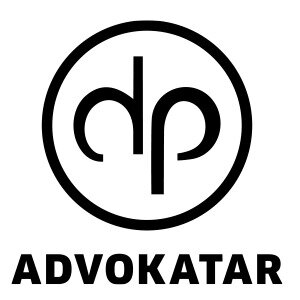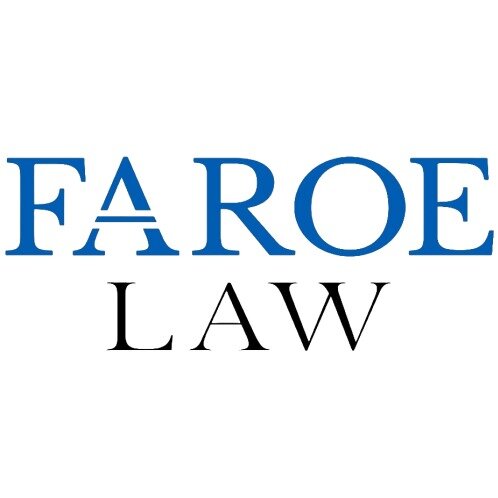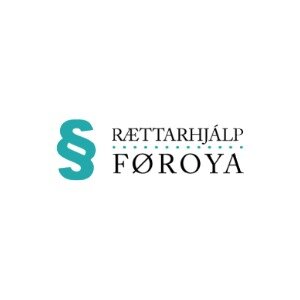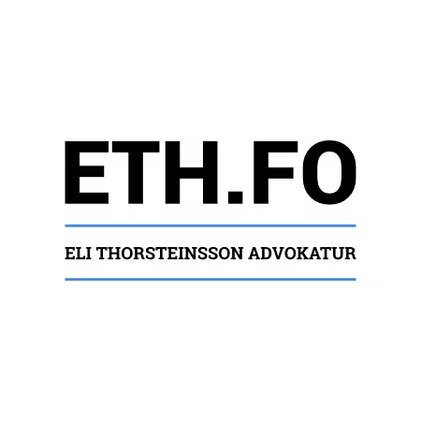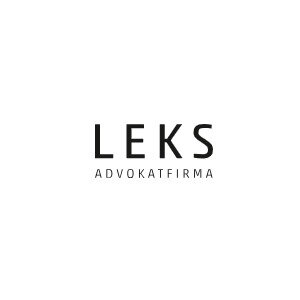Best Renewable & Alternative Energy Lawyers in Tórshavn
Share your needs with us, get contacted by law firms.
Free. Takes 2 min.
List of the best lawyers in Tórshavn, Faroe Islands
About Renewable & Alternative Energy Law in Tórshavn, Faroe Islands
Tórshavn, the capital city of the Faroe Islands, has witnessed a growing interest in renewable and alternative energy sources over recent years. As part of the Faroe Island’s commitment to reducing greenhouse gas emissions and increasing sustainable energy production, both the government and private stakeholders are investing heavily in wind energy, hydroelectricity, and emerging technologies such as tidal and solar power. Renewable and alternative energy law in Tórshavn covers regulations, licensing, zoning, environmental impact assessments, and public incentives relevant to the development and operation of clean energy projects. The legal framework balances the sustainable use of natural resources with economic and community interests, often aligning with both Faroe Islands legislation and, in part, Danish and international standards.
Why You May Need a Lawyer
Several situations might require legal assistance in the field of renewable and alternative energy in Tórshavn:
- Launching or operating a renewable energy project, such as constructing a wind farm or installing solar panels
- Securing permits and navigating the complex licensing process for energy production and distribution
- Understanding or negotiating government grants, tax incentives, or subsidy programs for clean energy initiatives
- Dealing with land use or zoning disputes related to energy installations
- Ensuring compliance with environmental regulations and conducting environmental impact assessments
- Resolving contractual or partnership matters between developers, investors, and government agencies
- Protecting intellectual property related to innovative renewable energy technology
- Managing disputes related to power purchase agreements or grid integration
These scenarios can be legally complex and subject to frequent regulatory updates, making professional legal advice an important asset.
Local Laws Overview
The regulatory environment for renewable and alternative energy in Tórshavn is shaped primarily by Faroese legislation, with some influence from Danish and Nordic energy frameworks. Key aspects include:
- Licensing and Permits: All energy generation facilities usually require specific permits and must comply with safety and operational standards as set by Faroese authorities.
- Environmental Impact Assessment: Projects with significant environmental implications must undergo rigorous assessments to minimize ecological disruption, especially to the islands’ unique landscapes and marine habitats.
- Land Use and Zoning: Local municipalities regulate land use to ensure that energy projects do not interfere with public interests and comply with spatial planning requirements.
- Grid Access: The Faroe Islands operate a national grid, and integration of renewable sources is subject to technical and regulatory conditions.
- Government Incentives: The Faroese government, along with Nordic funding bodies, often provides financial incentives and tax breaks to accelerate the adoption of green energy technologies.
- Public Participation: Community consultation and public hearings may be required, particularly for large-scale projects.
- Cross-Border Regulations: Since the Faroe Islands are a self-governing territory within the Kingdom of Denmark, select international conventions or Danish regulations may also apply.
Updated information can be obtained from local authorities or legal professionals well-versed in Faroese energy law.
Frequently Asked Questions
What types of renewable energy projects are most common in Tórshavn?
Wind and hydropower are the leading forms of renewable energy in Tórshavn, but interest in tidal and solar energy is growing.
Do I need a special permit to install solar panels on my property?
Typically, you will need to obtain permits or approval from the local municipality to ensure compliance with building and safety codes.
How can I get financial support for a renewable energy project?
Government grants, loans, and subsidy programs are often available, particularly for projects that align with local sustainability goals.
Are there environmental regulations I must consider before starting an energy project?
Yes, most large-scale projects require an environmental impact assessment to evaluate and mitigate potential environmental harm.
Who regulates the energy grid in the Faroe Islands?
The energy grid is primarily managed by SEV, the national power company, under the supervision of Faroese governmental bodies.
Can foreign investors participate in renewable energy projects?
Foreign investment is generally allowed but may be subject to specific regulations or local partnership requirements.
What are the penalties for non-compliance with energy laws?
Penalties can include fines, orders to cease operations, or requirements to undertake remedial actions, depending on the violation.
Is community involvement required for renewable energy developments?
Public participation is often a key element, especially for projects with significant environmental or social impacts.
How long does the permitting process take?
Timelines can vary, but it is essential to plan for several months to over a year, especially for projects needing environmental reviews.
Can I sell surplus energy back to the grid?
Yes, but you must comply with local regulations regarding grid connections and energy sales, typically managed by SEV.
Additional Resources
If you need more information or support regarding renewable and alternative energy in Tórshavn, consider reaching out to the following organizations:
- SEV (the national power company of the Faroe Islands) - for grid connection and technical regulations
- The Faroese Ministry of Environment, Industry and Trade - for laws, subsidies, and environmental requirements
- Local municipal offices in Tórshavn - for permits, zoning, and local planning regulations
- Vinnuframi (Faroese Business Development Council) - for business incentives and support
- Nordic Energy Research or other Nordic institutions - for regional funding and collaborative initiatives
Next Steps
If you are considering a renewable or alternative energy project or are facing legal questions related to these fields in Tórshavn, it is important to take the following steps:
- Clearly define your project goals and identify potential legal issues or regulatory requirements that may apply
- Consult with a local lawyer specializing in energy law early in the process to ensure compliance and to facilitate permitting and approvals
- Gather all relevant documentation, such as property records, technical plans, and financial information
- Contact the relevant authorities or organizations to verify procedures, eligibility for grants, and application deadlines
- Engage with community stakeholders to identify and address any local concerns regarding your project
- Stay informed about changes in the law or policy that could affect your project’s feasibility or profitability
Early and informed legal advice can save time, reduce risks, and improve the likelihood of your project’s success in Tórshavn’s evolving renewable energy sector.
Lawzana helps you find the best lawyers and law firms in Tórshavn through a curated and pre-screened list of qualified legal professionals. Our platform offers rankings and detailed profiles of attorneys and law firms, allowing you to compare based on practice areas, including Renewable & Alternative Energy, experience, and client feedback.
Each profile includes a description of the firm's areas of practice, client reviews, team members and partners, year of establishment, spoken languages, office locations, contact information, social media presence, and any published articles or resources. Most firms on our platform speak English and are experienced in both local and international legal matters.
Get a quote from top-rated law firms in Tórshavn, Faroe Islands — quickly, securely, and without unnecessary hassle.
Disclaimer:
The information provided on this page is for general informational purposes only and does not constitute legal advice. While we strive to ensure the accuracy and relevance of the content, legal information may change over time, and interpretations of the law can vary. You should always consult with a qualified legal professional for advice specific to your situation.
We disclaim all liability for actions taken or not taken based on the content of this page. If you believe any information is incorrect or outdated, please contact us, and we will review and update it where appropriate.



